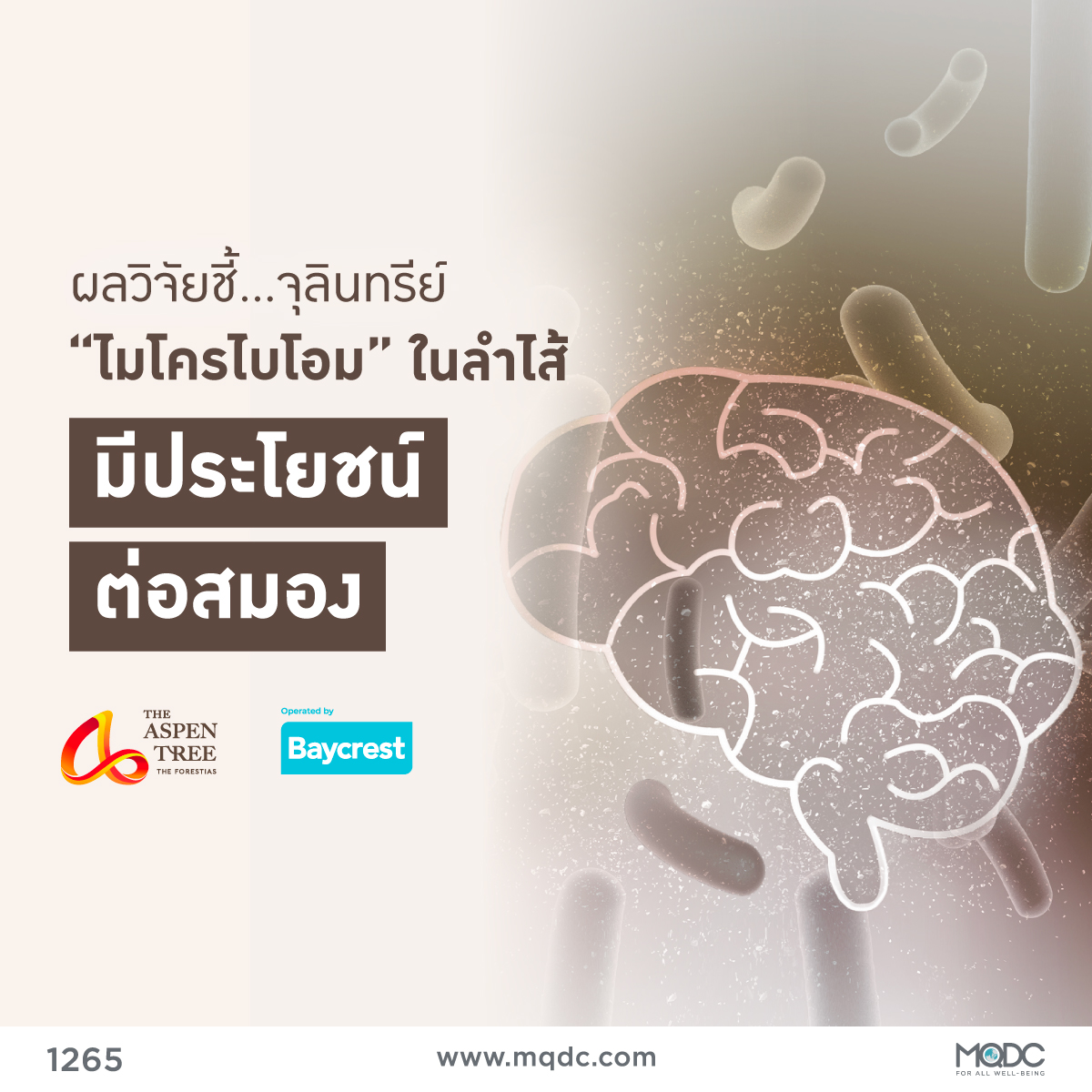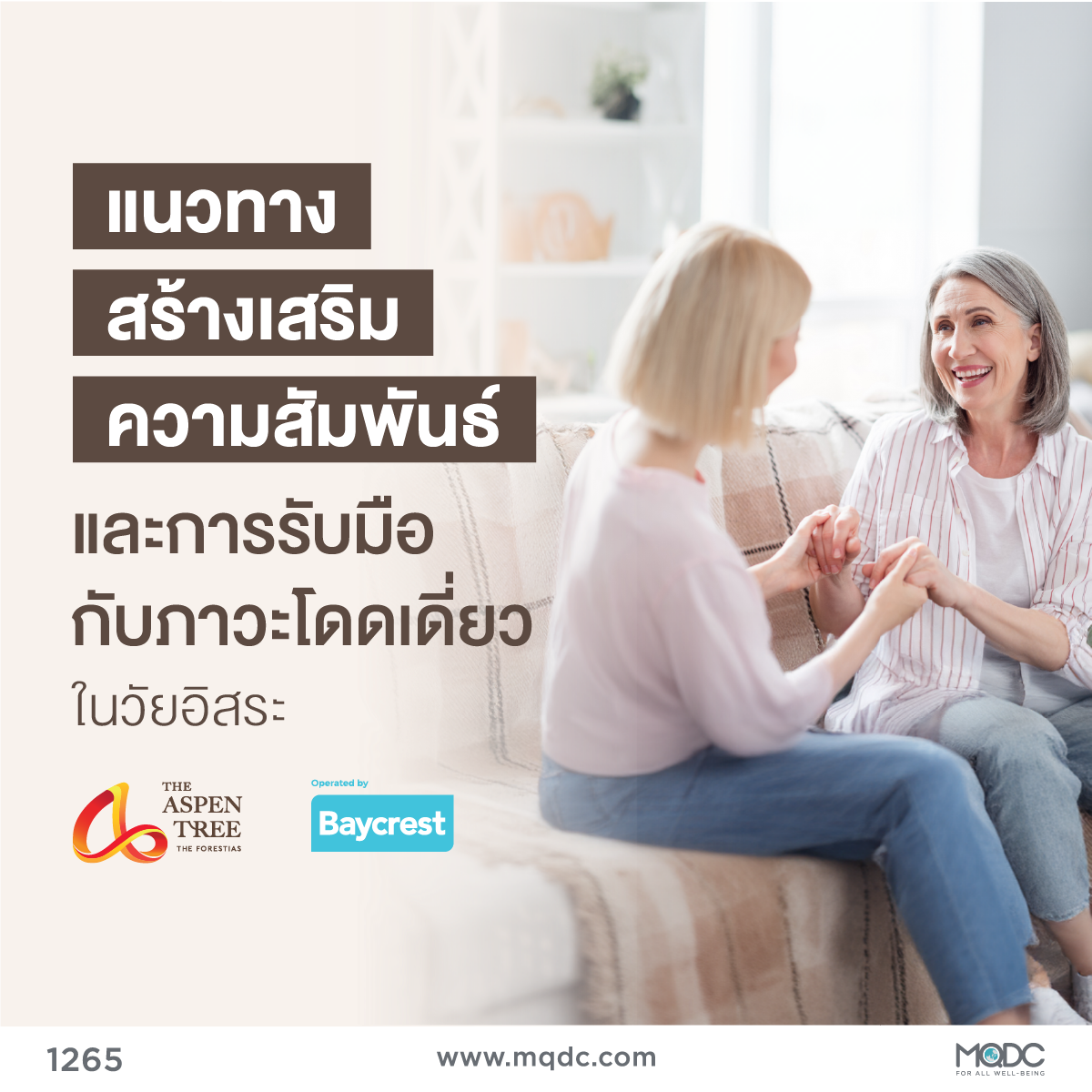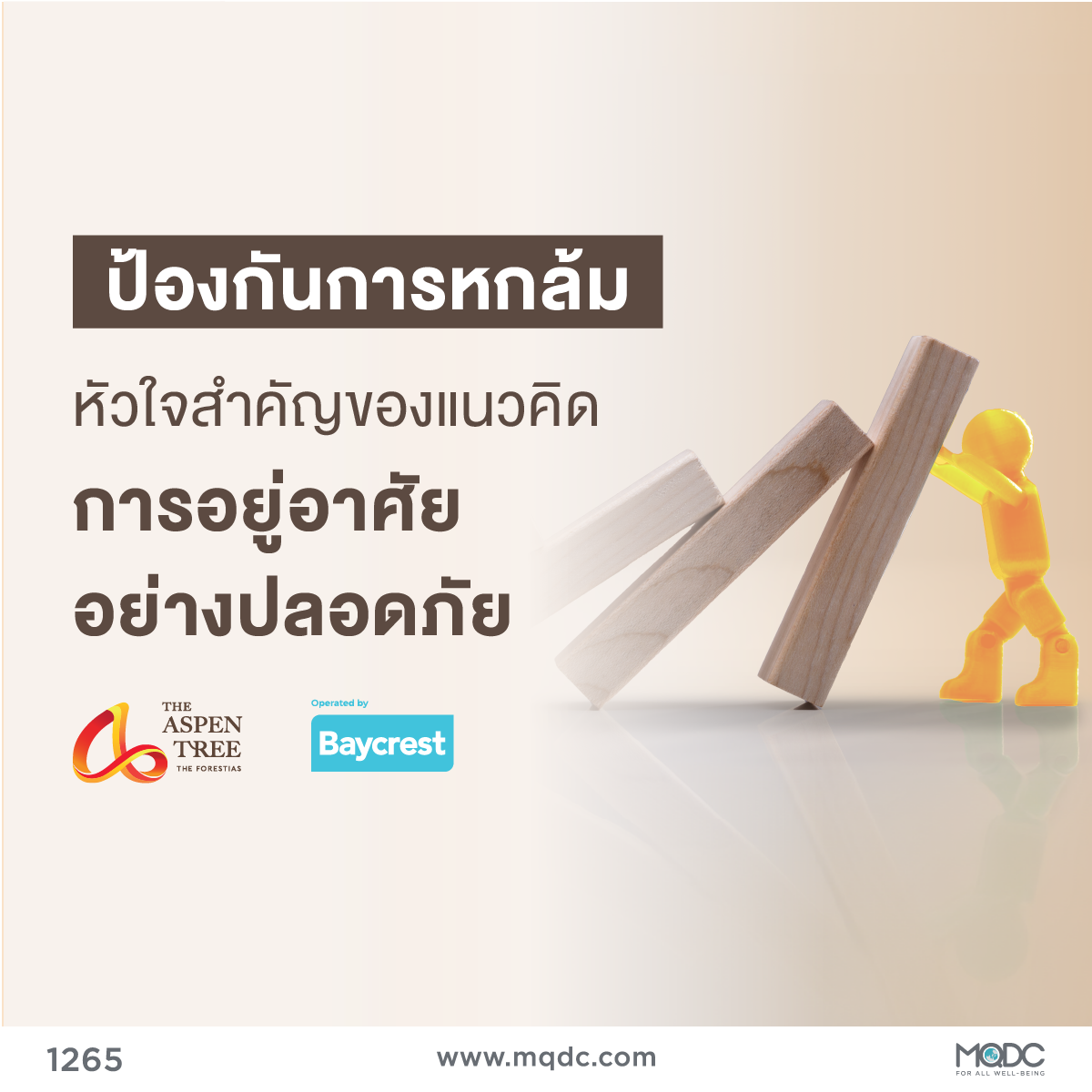You’ve probably heard the term “microbiome”. It means a collection of microorganisms such as bacteria. Our gut microbiome may play a role in how diet and exercise affect brain health and dementia risk, suggests a recent Baycrest study. This knowledge could help scientists and clinicians optimize strategies to prevent dementia.
We now know about lifestyle interventions to reduce dementia risk, including diet and exercise, which are known to affect the gut microbiome – the community of bacteria and other microorganisms that live in our gut.
How Your Microbiome Affects Your Brain
“We know that imbalances in the microbiome are associated with impaired cognition,” says Noah Koblinsky, lead author of the study, Exercise Physiologist and Project Coordinator at Baycrest’s Rotman Research Institute (RRI). “However, we don’t know much about the role of the microbiome when we use lifestyle interventions, such as diet and exercise, to support brain health. Can we tailor lifestyle interventions to specifically target the gut microbiome, and will this help to optimize their effects on cognition? In this review study, we aimed to address this gap in knowledge.”
To this end, Koblinsky and his team reviewed all of the existing research on diet and exercise interventions that looked at both the microbiome and brain health. The study was published in the Journals of Gerontology: Series A.
They found that the gut microbiome does appear to play a role in how diet and exercise affect brain health, though more research is needed to fully understand how.
Diet studies showed a large impact of diet on the microbiome, with foods associated with a Mediterranean-style eating pattern (for example, fibre and healthy fats) appearing to have the greatest benefit to a healthy gut microbiome and brain. One study of 1,200 older adults looked at the impact of diet on both cognition and the microbiome. Half of the participants were asked to follow a Mediterranean-style diet for 12 months, while the other half were not. Those in the Mediterranean diet group showed significant improvements in cognition. As well, those who followed the diet more closely had healthier microbiomes associated with better brain health.
In another study, researchers used antibiotics to “kill off” the gut microbiome in a sample of rats. They then gave those rats microbiome (fecal) transplants from rats that had either been fed an unhealthy diet or a healthy diet. The rats that received the transplant from the unhealthy diet group showed worse memory performance, as well as inflammation in the intestines and brain.
These findings support the idea that the microbiome plays a role in the way diet impacts brain health. Looking at the relationship between exercise and the microbiome, researchers found fewer studies looking at exercise. However, those that did suggest that starting exercise, specifically aerobic exercise, can lead to changes in the gut microbiome and brain health at the same time.
This area of research is still in its infancy, and the majority of the studies that the researchers reviewed looked at rodents and singular dietary components (for example, fibre) rather than whole diet patterns (like the Mediterranean diet). Overall, the researchers found a clear need for more studies on whole diet and exercise interventions looking at both the microbiome and brain health, particularly in older adults at risk of dementia.
The researchers are now launching a diet and exercise randomized controlled trial and are looking to secure funding to include analysis of microbiome changes.
“By better understanding how changes to the gut microbiome affect the relationship between lifestyle and brain health, we can strengthen existing lifestyle interventions and create new strategies to reduce dementia risk, helping older adults everywhere age fearlessly,” says Dr. Nicole Anderson, Senior Scientist at the RRI, Associate Scientific Director of Baycrest’s Kimel Family Centre for Brain Health and Wellness, and the senior author on this study.
This research was supported by a grant from the Canadian Consortium on Neurodegeneration in Aging (CCNA), which is supported by the Canadian Institutes of Health Research (CIHR) with funding from several partners.
Have a Healthy Body, Mind, and Brain at 50+ at The Aspen Tree in The Forestias Operated by Baycrest with Lifetime Care
Advanced medical technology helps us live longer but the most precious gift as we get older is good health to live an independent, meaningful life, free from worry. The Aspen Tree at The Forestias cares about preventing dementia. We prepare nutritious breakfasts for older adults and offer a variety of exercises to boost your brain health and everyday quality of life.
This concept inspires The Aspen Tree at The Forestias, designed and developed with research leaders and Canada’s world-leading Baycrest Crest to meet every need of older adults. You can live in a multigeneration community in The Forestias with comprehensive health and care (Holistic Lifetime Care). Full facilities and the Health & Wellness program enhance your lifestyle with activities such as yoga, swimming, singing, playing music, meditation, outdoor activities, hydrotherapy, and much more to keep your body, mind, and brain in great shape.
The Aspen Tree at The Forestias also has a Health & Brain Center to safeguard your health and wellness. The center’s experts can delay the onset of dementia and provide care to overcome brain and memory problems. A team of healthcare specialists is on hand 24 hours a day to keep you safe and well in every aspect.
Live free from cares in the free time of live... Let’s find the perfect life together.
Find out more CLICK https://mqdc.com/aspentree
Call 1265
LINE OA: @TheAspenTree or CLICK https://mqdc.link/3Emhkde
Source:









